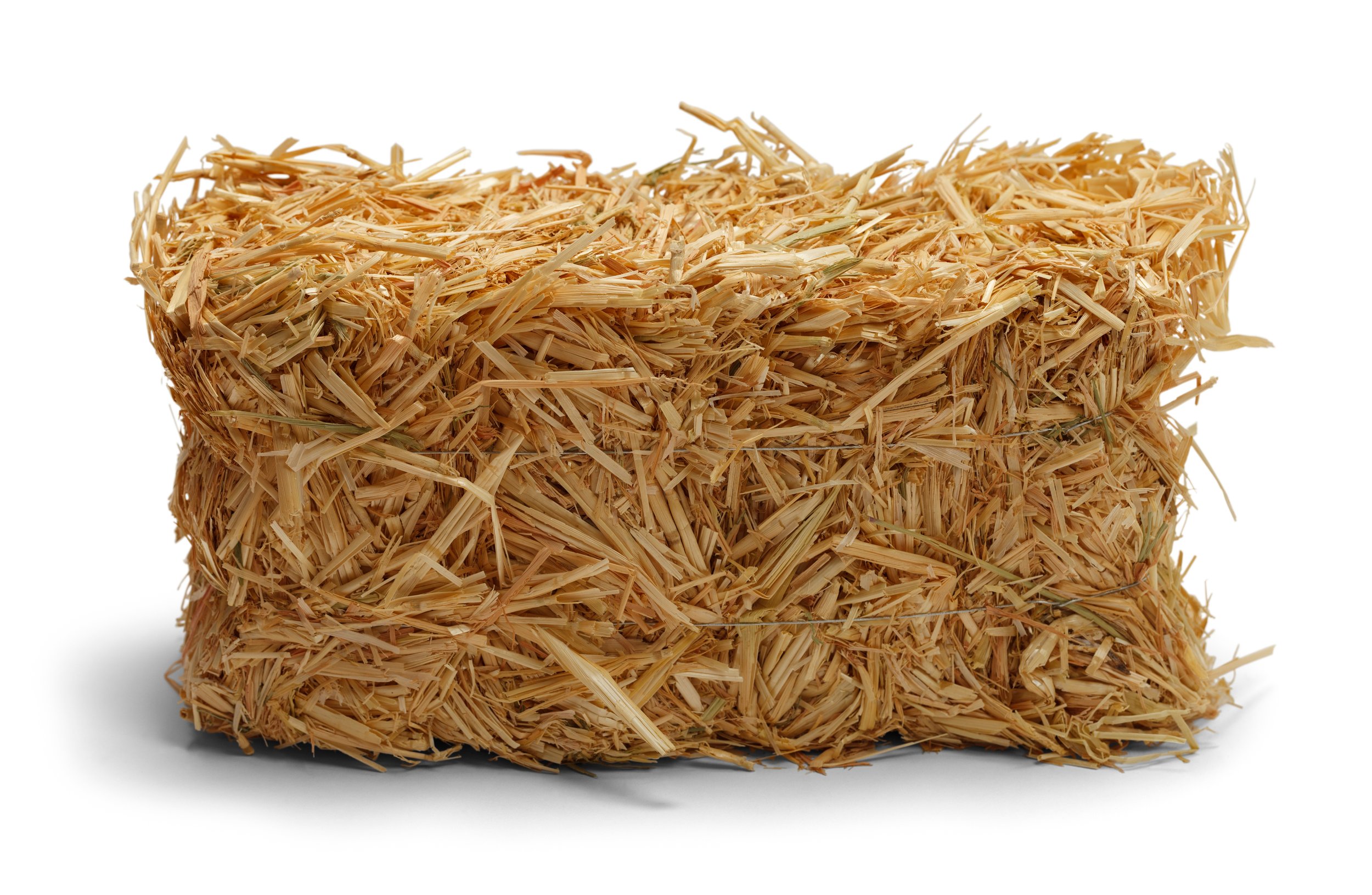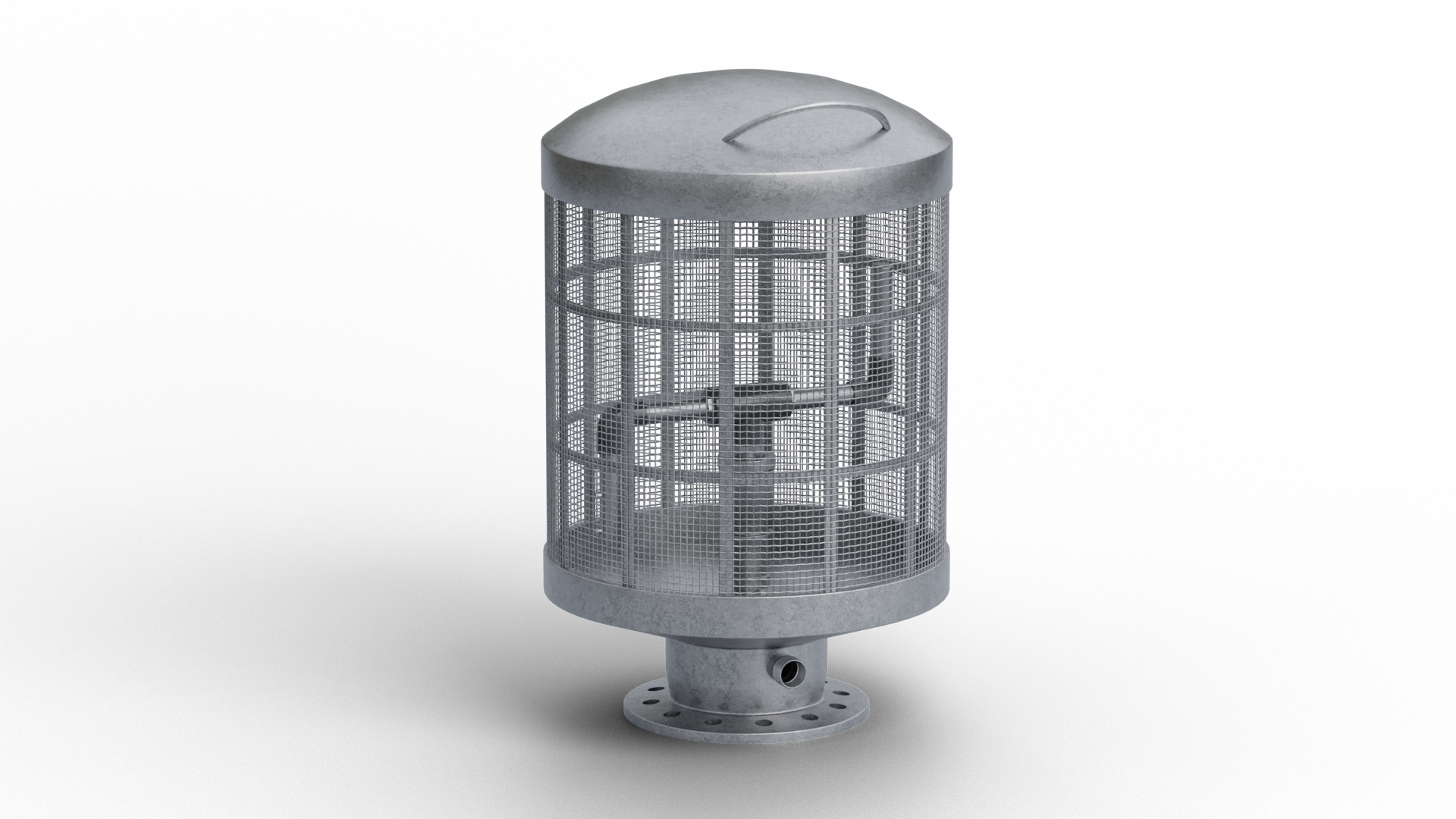Hay
Hay, a staple feed for livestock, encompasses a variety of grasses and legumes that are cut, dried, and stored for animal consumption. It plays an instrumental role in agricultural economies worldwide, serving as a primary food source during times when fresh pasture isn't available. Given its significance, understanding the watering needs of hay crops is paramount to ensure abundant and nutritious yields.
Clemons filters are essential to optimizing and maximizing yield.
Let’s discuss your project.
There are several critical nuances for hay growers concerning the importance of filtration and irrigation.
Hay Watering Essentials: Most hay varieties have relatively deep root systems, which allow them to utilize soil moisture effectively. However, consistent and balanced watering is vital during their growth phase to achieve thick stands and high-quality forage.
Growth Phase and Watering: During the initial growth stages, hay crops benefit from regular watering to establish a robust root system and thick ground coverage. As they approach the cutting stage, reducing water can assist in speeding up the drying process post-harvest, ensuring optimum moisture content in the stored hay.
Cost Efficiency: Modern irrigation systems, such as pivot or drip irrigation, can significantly improve the growth of hay crops. By providing uniform water distribution, these systems ensure every plant gets adequate moisture, increasing overall yield while optimizing water usage—especially vital in regions with water limitations.
Soil Compatibility: Well-draining soils are preferable for hay cultivation. Ensuring that the land doesn't retain excessive moisture reduces the risk of root rot and other diseases, promoting healthy growth. Matching irrigation frequency and volume with soil type is key to maintaining this balance.
Nutrient Absorption: Proper watering facilitates the efficient uptake of nutrients from the soil, which directly influences the nutritional value of the hay. Both over and under-watering can hinder this process, affecting the quality of the forage and, subsequently, its value as livestock feed.
Disease and Pest Management: Hay crops, when stressed due to improper watering, become susceptible to various diseases and pests. Balanced irrigation helps maintain plant health, making the crop less vulnerable to threats like rusts, molds, and certain insect infestations.
Water Quality: While hay crops are relatively hardy, they can still be affected by poor water quality. Excessive minerals or contaminants in irrigation water can hinder growth and degrade hay quality. Ensuring a clean water source is thus essential for producing premium hay.
Recommended Solutions
Pressure Filters
Clemons high-pressure filters ensure clean, healthy water for optimal crop growth.
Suction Screens
Protect your pump from harmful debris, ensuring clean, obstruction-free water flow.
Sand Separators
Capture and remove sand, improving water flow and increasing system lifespan.




